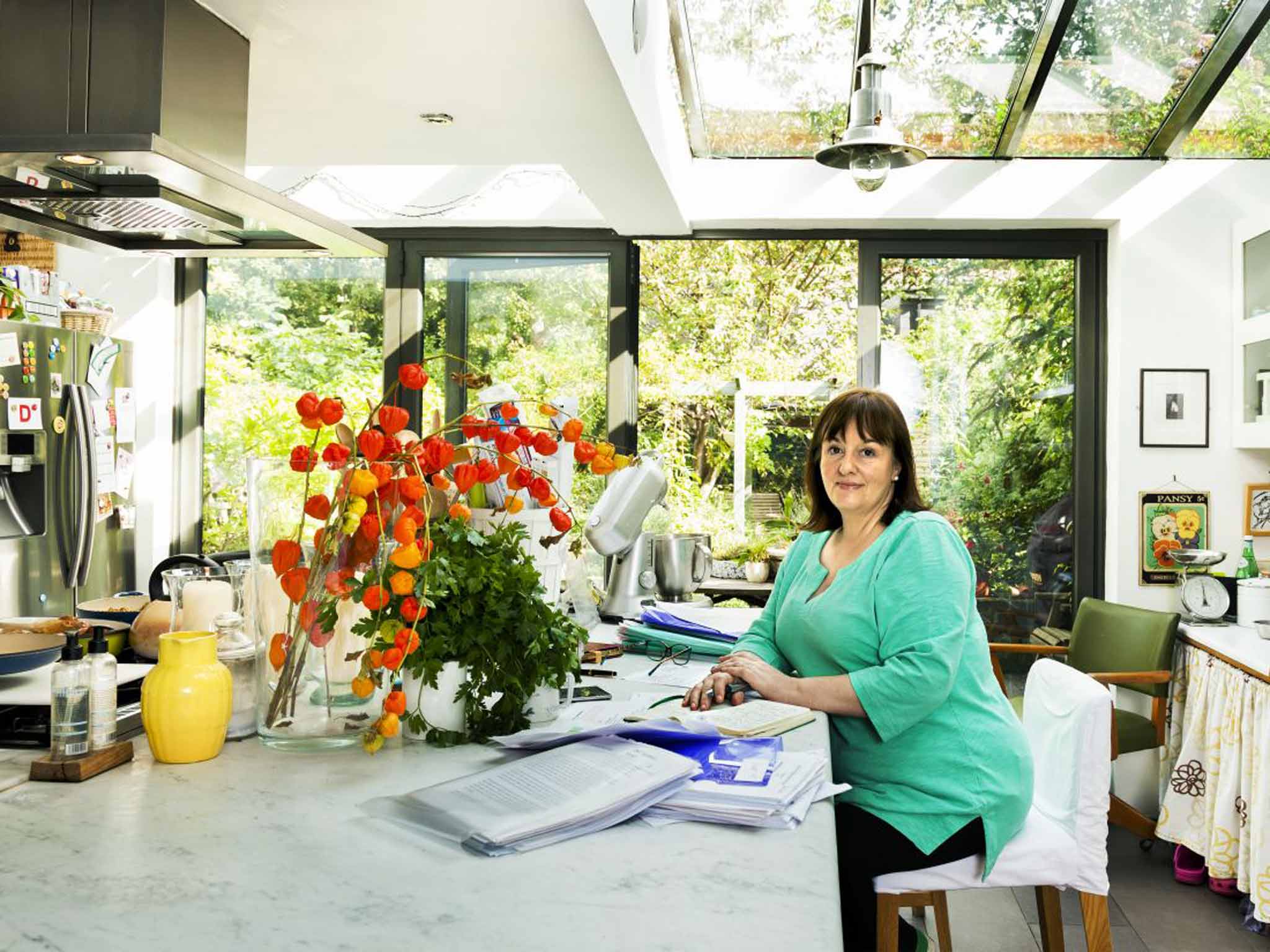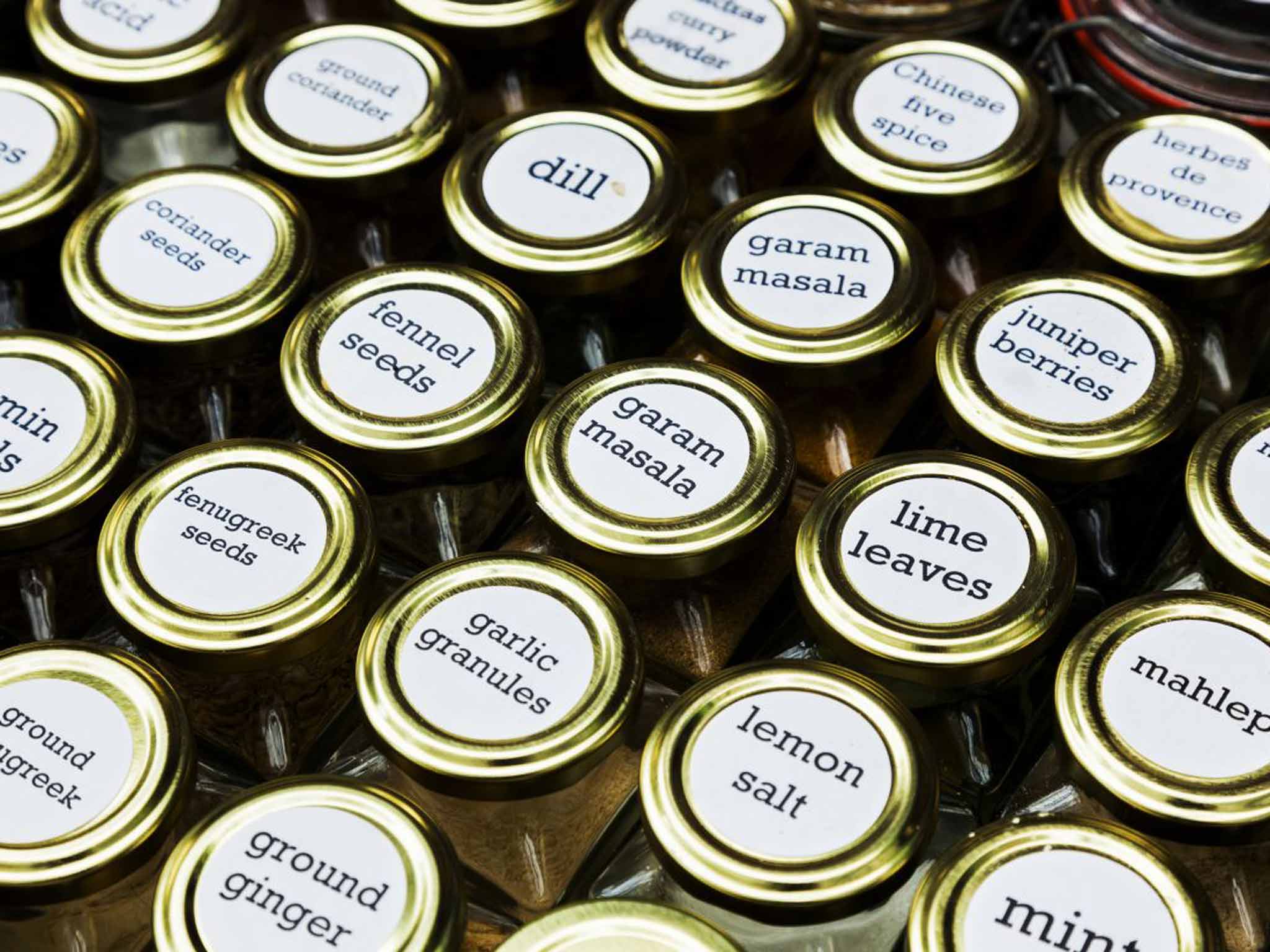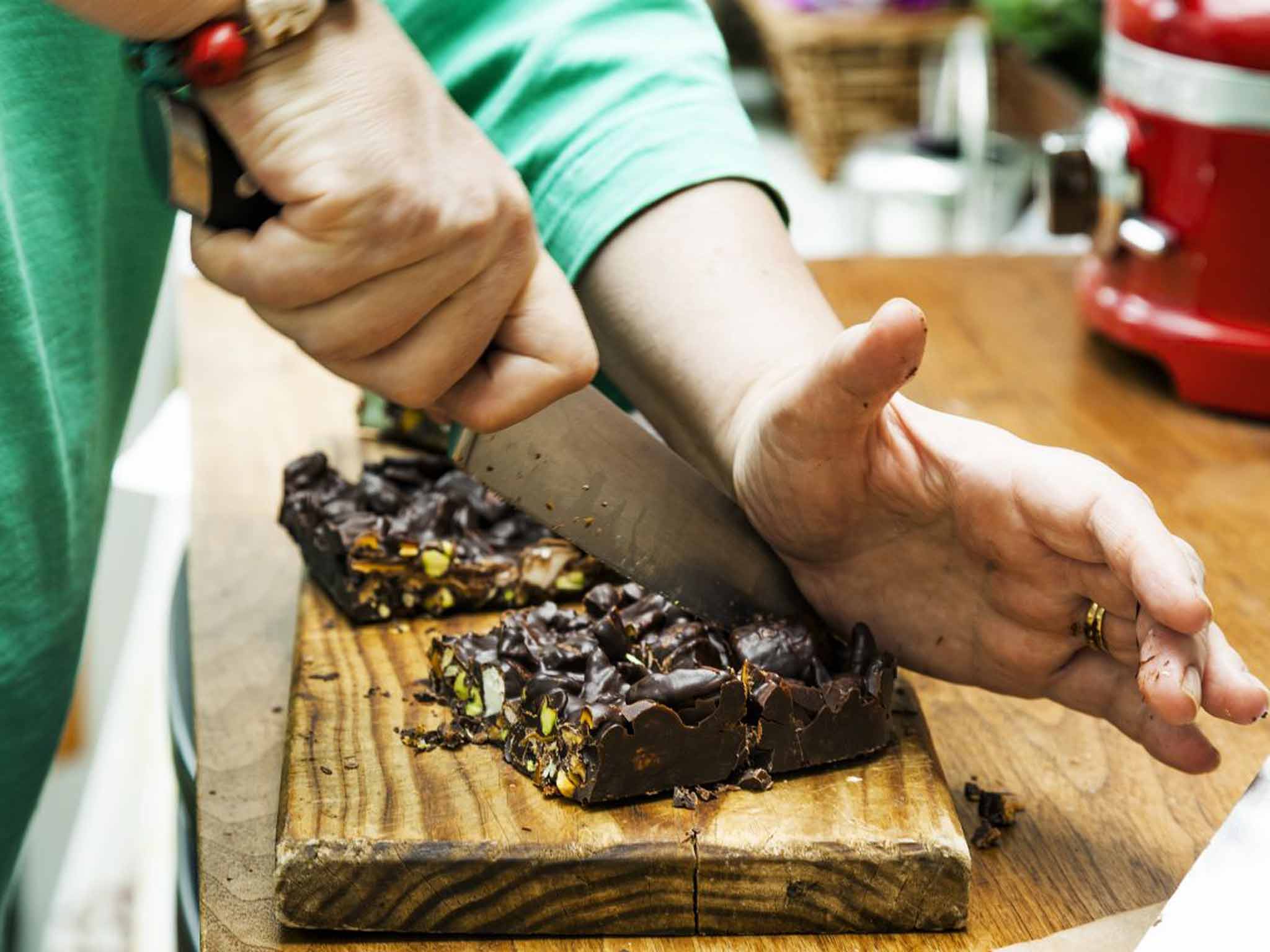What it’s like to be a recipe tester: Culinary secrets, celebrity chefs' foibles, and what happens if you make a mistake
As this season's cookbooks hit the shelves, recipe tester Debora Robertson reveals the truth behind many people's dream job

Your support helps us to tell the story
From reproductive rights to climate change to Big Tech, The Independent is on the ground when the story is developing. Whether it's investigating the financials of Elon Musk's pro-Trump PAC or producing our latest documentary, 'The A Word', which shines a light on the American women fighting for reproductive rights, we know how important it is to parse out the facts from the messaging.
At such a critical moment in US history, we need reporters on the ground. Your donation allows us to keep sending journalists to speak to both sides of the story.
The Independent is trusted by Americans across the entire political spectrum. And unlike many other quality news outlets, we choose not to lock Americans out of our reporting and analysis with paywalls. We believe quality journalism should be available to everyone, paid for by those who can afford it.
Your support makes all the difference.At parties, when I tell people what I do, they invariably get The Look. I call it Cake Face: slightly glazed eyes, a smile lingering on the lips, air of mild reverie. “You get PAID to do that? That's actually my dream job.”
Tell people you're a food editor and recipe tester and they instantly see you as a cross between Mrs Beeton and Mary Poppins. They picture you pottering around your kitchen, with Radio 4, or possibly a chorus of angels, lilting softly in the background, the air scented with cinnamon, as you pull dish after heavenly dish from the oven.
Well, yes. And no. Around about now, the year's glossiest cookbooks start appearing on the shelves, all hustling to out-delicious one another for the top spot in the Christmas bestsellers list. This year, two of them are books I worked on. For me, they signify a spring consumed by recipe-testing late into the night and being truly grateful that it got light early so I could start cooking and/or photographing. It's a strange life, where I have my butcher and fishmonger on speed dial and thank everything that's holy that I live in a part of London where k popping out for more purslane at 2am is entirely possible and not at all weird.
You might have as little as a month to develop, test and edit 100 recipes. This means not much sleep and mountains of washing up. You end up thinking the only one who truly understands you is the dog.
In my career as a food editor, I've worked on the recipes of all kinds of people, from models to Michelin-starred chefs, many of them household names. If you're reading this, you'll know them. You've probably got their books on your shelves. Some of them are so involved in and excited about their books that I've had lively conversations with them at 10pm about the nuance of a word or whether it's 5g or 10g of cumin. For others, the biggest contribution they make to their recipes is reading them. Possibly.
You'll notice I'm not naming any of them. We're usually confidentiality-claused to the hilt. It's quite the secret sorority, for we're almost exclusively women. While I've worked with a few great male editors, all the recipe testers I've ever met are women, working hard to make the boys (it's mostly boys) look good. The Handmaid's Ox Tail, if you like.
While my job is to help authors realise the books of their dreams, I see my biggest responsibility as being to readers, to ensure that what might begin in a Michelin-starred kitchen works just as well in your kitchen in Doncaster or Totnes or Leith, the one with the temperamental oven and a distinct absence of Pacojet, that high-tech tool so beloved of professional mousse-mongers everywhere.
Recipe books don't spring flawlessly on to the page, neatly divided into five chunky chapters, each 20 recipes long. A book usually starts with a group of people gathered round a table and a huge list of recipes and inspirations. Some recipes will be fully formed, some merely a line, a thought, a simple combination of ingredients to be worked up into something you might want for your tea. And all of the recipes, usually, will go through many stages of editing and testing before they land on the page, looking their “simple” and “foolproof” best. Some can take four, five, six goes – more, even – to get right. I remember a jam roly-poly that kept me up well into the night, trying to recreate its original form as shirt-sleeve pudding, so called because it was often steamed in an old sleeve. Several shirt sleeves and many gallons of steam later, I'd nailed it. You can get to the point where you, your neighbours, colleagues, distant relations and innocent people merely standing at the bus stop outside your house never want to see that chicken pie or chocolate cake ever again.

This elaborate and expensive process of testing and retesting is more important than ever in these days of instant reviews on Amazon and Twitter, where one wobbly recipe can sink the prospects of a whole book. In my world, we all hold the spectre of The Hummingbird Bakery Cookbook in our heads. When the fashionable Notting Hill bakery's book appeared at the height of the cupcake craze in 2009, it was swiftly followed on websites from Amazon to Mumsnet with readers' complaints about the results they had achieved with several of the recipes. The bakery and publisher swiftly produced a pdf of corrections to two recipes and revisions to others, and a whole host of baking tips to ensure perfect results. But the damage was done.
The job of translating a chef's ideas to make them suitable for a home kitchen can be complex. For a start, chefs are not like you and me. They often live in a rarefied world. One book I worked on, ostensibly for quick-and-easy weeknight dinners, included a recipe for a terrine (faff) which required half a pig's head. I don't know about you, but that's not something I can pick up from my local supermarket on the way home from work. Eventually, after some coaxing, we ditched the pig's head in favour of an all-in-one chicken-thigh tray bake.

It can also be a challenge to scale down restaurant recipes to family-sized portions and still get the seasoning, method and cooking time right. Then there are the things they seldom tell you: watch a chef in his or her kitchen and they'll do 1,000 things they'd never even think to write down – sprinkling on a pinch of salt to help onions soften when sautéeing them, pressing a piece of meat to see if it's done, adding a chunk of butter at the end of the cooking time to elevate a sauce to a state of intense, glossy beauty. It's my job to make these invisible steps visible, so that you'll get the same results at home. Though my kitchen is crammed with gadgetry, it's all domestic-grade. No fancy industrial-strength mixers or posh, wall-hogging salamander grill here.
But no matter how hard you try, no matter how confident you are in those seemingly endless Midnights in the Kitchen of Good and Evil experiments, tests and retests, you'll inevitably at some point get a phone call or an email that sends you rushing back to your notes in clammy-handed terror. Sometimes, there are mistakes. Once in a magazine I worked for, we omitted the butter from a fruitcake recipe. We practically had to create a dedicated phone line and in the end went on a charm offensive and reimbursed readers for the cost of their ingredients.

Even when you do get it absolutely right, that will not protect you from the irate person who thinks they know better. People take their dinner very personally. They will not hesitate to let you know your creation was a disaster. Delve deeper, and you'll find they substituted some hell spread for butter, used chicken legs instead of veal in an osso buco, or cooked the cake at a different temperature because “yours didn't seem right”.
But thankfully there are people who prefer to cook than gripe, and when you meet those people, it's pure pleasure – whether it's the chef you're working with or a happy reader. Wandering into someone's kitchen and finding a book you've edited on their shelves, fat with Post-it notes and splattered with sauce, is a great feeling. And when they say, “I just love XYZ's recipes, they always work,” you just smile, nod and (sometimes) think, if only they knew…
For more: lickedspoon.com
Join our commenting forum
Join thought-provoking conversations, follow other Independent readers and see their replies
Comments